It happens to everyone. You get sick, or are injured.
If you’re cruising, the question then arises: what next? I’m not talking about getting the first aid kit out, but the issue of “what about our plans?”
It’s a question that I get asked every so often.
How we deal with the tug-of-war between medical issues and plans is influenced by some basic principles: first, cruising — as in moving from place to place — is somewhat physical and with just two of us aboard, we both need to be “able-bodied.” Second, medical problems can quickly go from minor annoyances to life-threatening situations when there isn’t prompt medical attention. Third, problems tend to multiply — if you’re sick and trying to work on deck, you’re more likely to be injured; if you are running a fever or in pain, your decision-making isn’t likely to be good, etc.
Our “rules” are pretty simple:
- If there is a medical issue going on with either of us and we’re in a place with good medical facilities, we don’t leave until it’s resolved or beyond any danger point — in other words, when the doctor says its okay to go (and understands how available — or not — medical help will be).
- If we are in a remote place with no medical facilities, we will generally move towards a place with facilities. Maybe it’s only a clinic with a local health-care worker (not a doctor), but at least some “formal” medical care. If it turns out that we need more advanced care, these places virutally always know how to arrange it.
- I’ll be honest — it’s a judgment call when we’re in a remote spot and both sick. Is one of us well enough to take the other one to a better place? Or are we better off to use what meds we have aboard for a day or two, hopefully get at least a little better, and then make the trip . . . knowing that we risk possibly being sicker and having to get to help?
- With chronic conditions that can flare up, we make sure that we know the immediate steps to take in case of a problem and have the meds or supplies necessary to treat it for as long as may be necessary to get to more advanced care. And if there is a flare-up, we don’t leave a place with good medical care until it’s fully resolved.
We’re lucky, in that Dave’s brother is a retired medical doctor and very willing to help us. We have a fairly good supply of basic prescription and OTC meds and other supplies on board. Between phone, email, text and now texting via the DeLorme inReach, we can reach Keith from virtually anywhere and get his input.
But that’s not a substitute for doctors that can look at something in person, lab facilities and pharmacies with far larger stocks of meds than what we carry on our boat.
One of the axioms of cruising is that schedules will get you in trouble. We generally think of that in regards to weather . . . but it’s equally true of health issues. Maybe even more true.
If something happens in the middle of a passage or series of day hops, that’s one thing. But to leave a safe port despite a medical issue because “we planned to” or “we want to be there by such-and-such a date” or even “so-and-so is meeting us” is asking for problems.
Delaying a bit has always seemed the better path for us. And it’s been beneficial in ways other than just better health for the trip.
In 2004, Dave had an eye problem that caused us to stay in LaPaz, Mexico an extra month — and change where Dave’s son and daughter-in-law were meeting us for Thanksgiving. The real bonus came when we adopted our dog, Paz, during that extra month — she’s one of the best things that has come out of our cruising! We didn’t risk Dave’s vision and we still got to El Salvador that year.
Last spring, we delayed heading to the Bahamas in reponse to what turned out to be a chronic prostate infection for Dave. The upside was that a wonderful used dinghy came on the market just days before we finally did take off — had we left sooner we wouldn’t have had the opportunity to snag it. And we still spent four months in the Bahamas.
We had hoped to be ready to head to the Virgin Islands just about now. And there’s very little left on our “to-do” list: basically a quick haul out and selling our car. But just days before we planned to haul out, Dave’s well-controlled prostate infection became an acute full-fledged urinary tract infection. The first step is to get the infection under control, then the second step will be to run tests to figure out why things flared up and if further — or different — treatment is needed.
So we’re delaying our departure to island-hop our way to the Virgin Islands. How long a delay? We don’t know. But we’re not abandoning it. And who knows what might be the upside?

Quickly find anchorages, services, bridges, and more with our topic-focused, easy-to-use waterproof guides. Covering the ICW, Bahamas, Florida, and Chesapeake.
Explore All Guides

Carolyn Shearlock has lived aboard full-time for 17 years, splitting her time between a Tayana 37 monohull and a Gemini 105 catamaran. She’s cruised over 14,000 miles, from Pacific Mexico and Central America to Florida and the Bahamas, gaining firsthand experience with the joys and challenges of life on the water.
Through The Boat Galley, Carolyn has helped thousands of people explore, prepare for, and enjoy life afloat. She shares her expertise as an instructor at Cruisers University, in leading boating publications, and through her bestselling book, The Boat Galley Cookbook. She is passionate about helping others embark on their liveaboard journey—making life on the water simpler, safer, and more enjoyable.
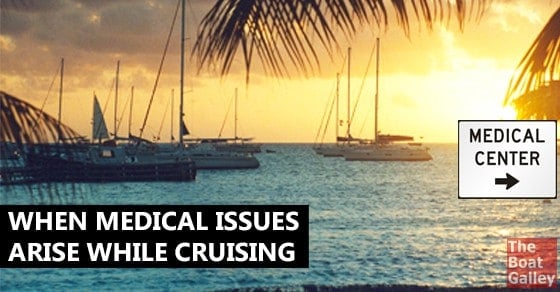


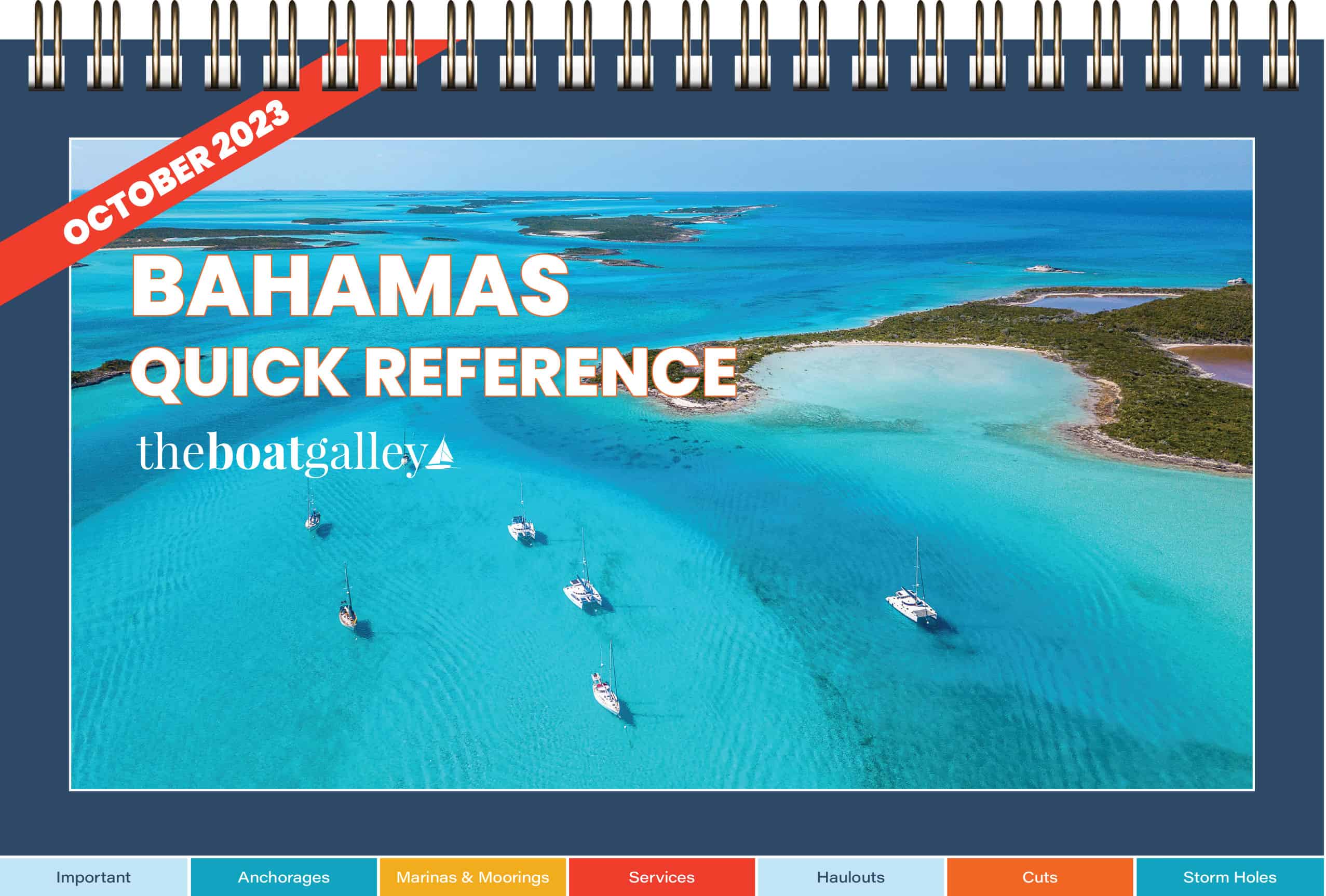
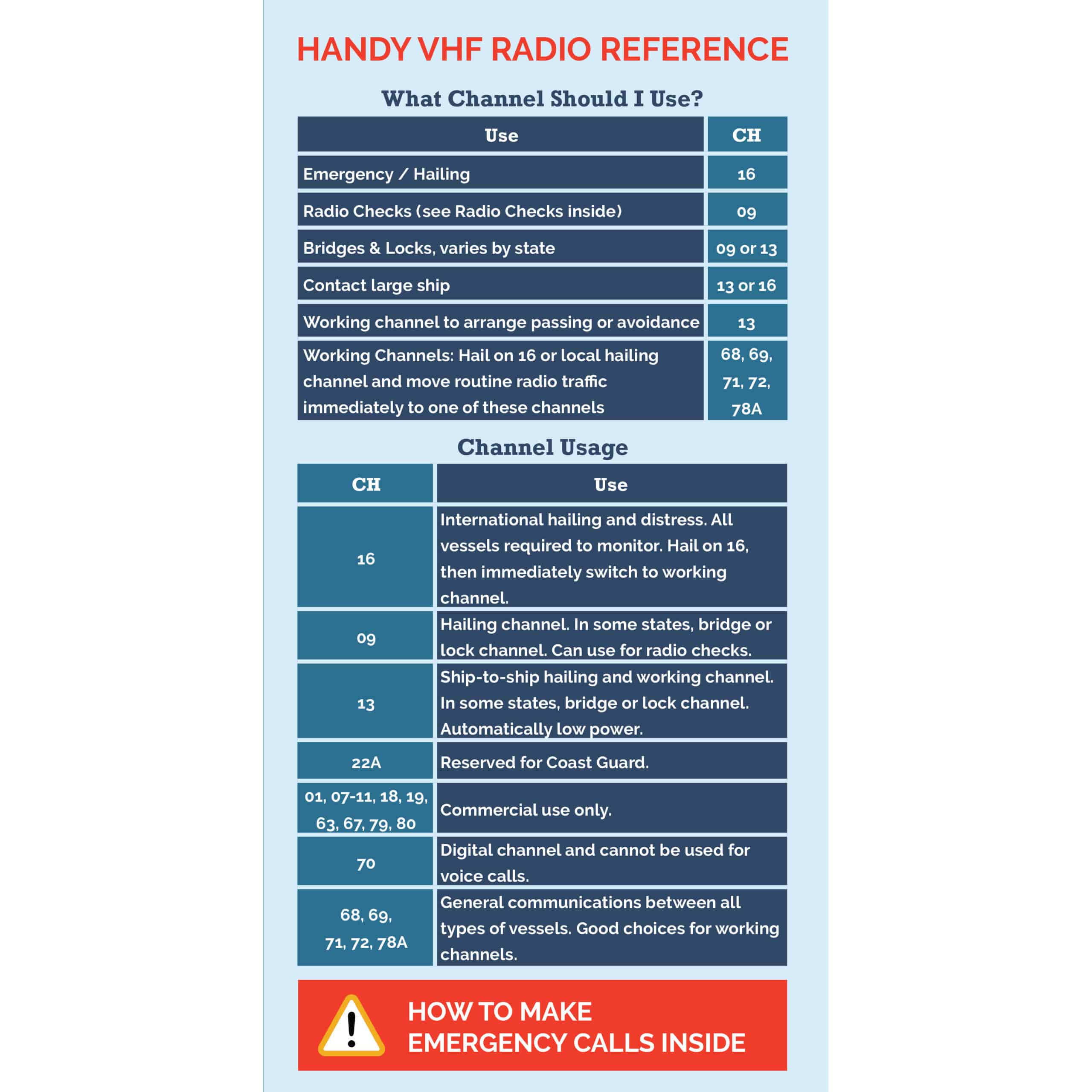
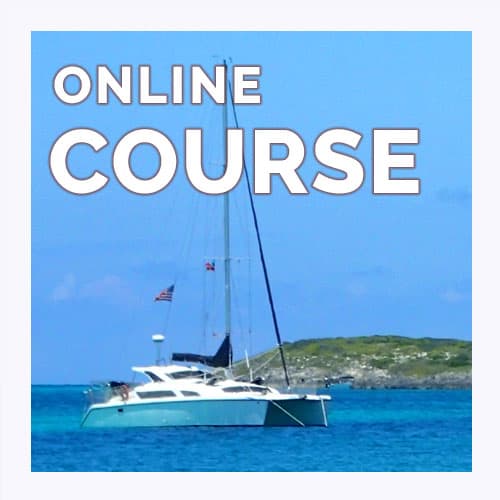


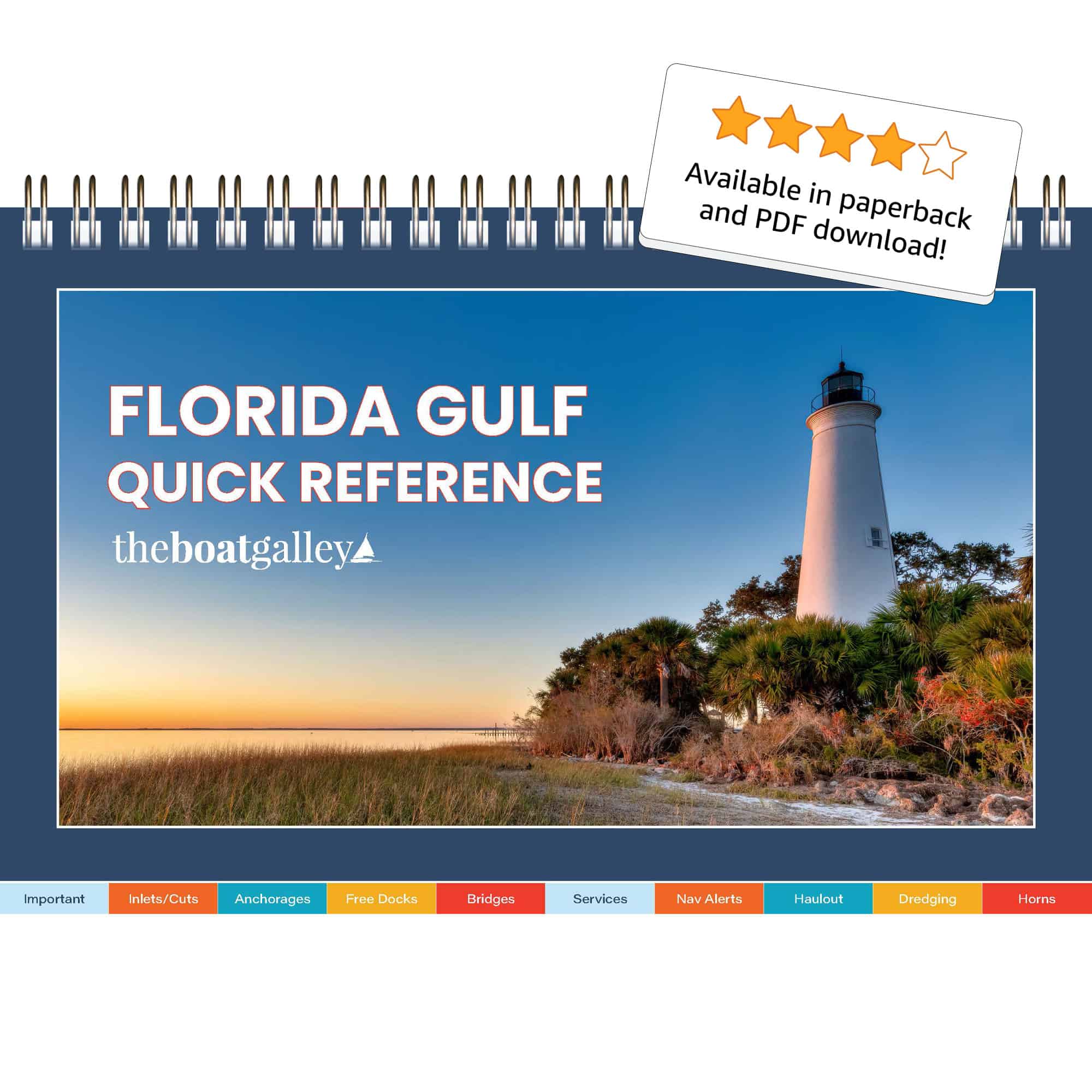
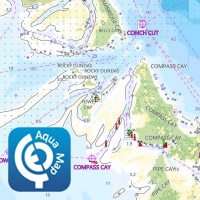
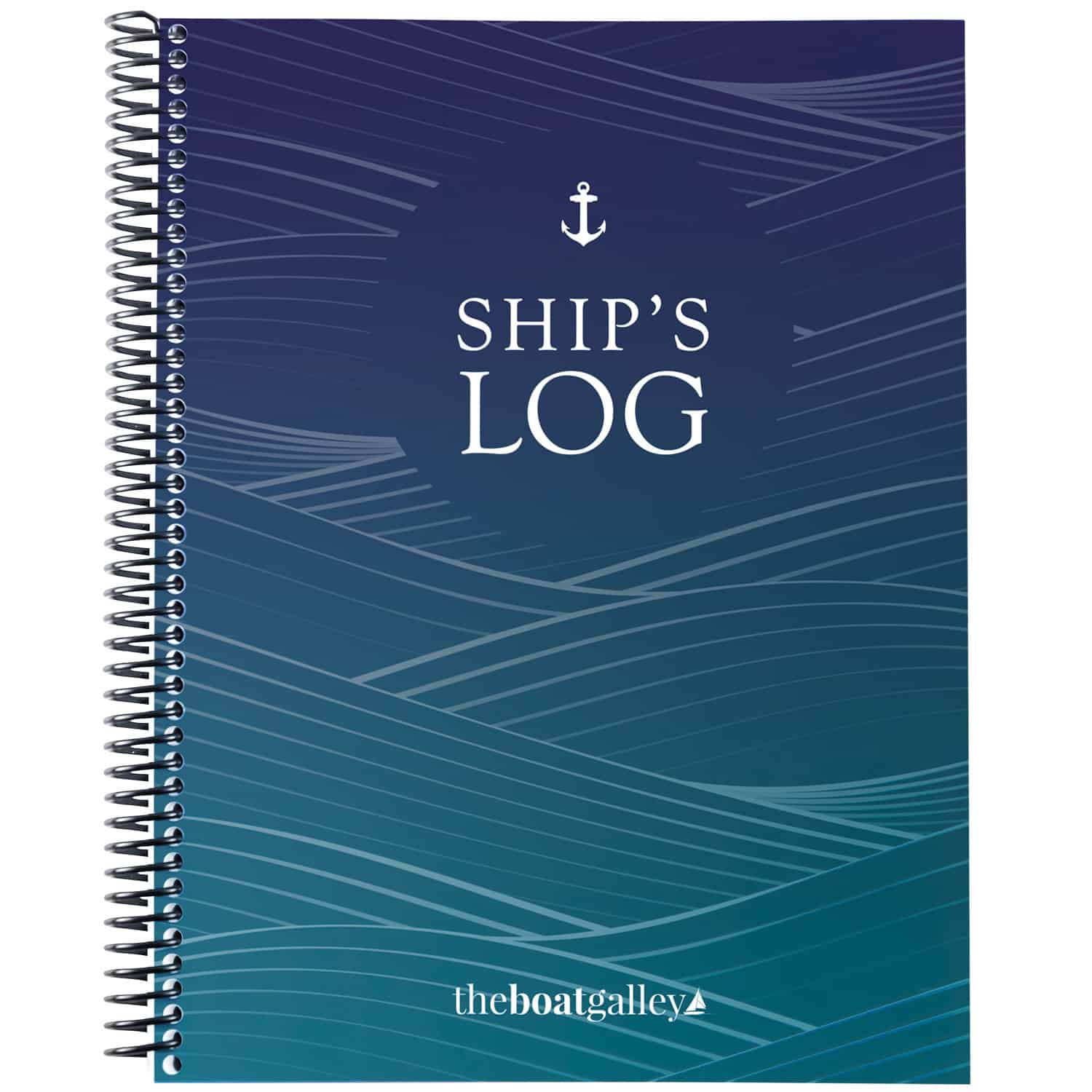
Paula Richard says
Great advice as usual. Hope this delay has some interesting upsides as well.
Darlene Moore Bak says
We became delayed 6 weeks ago after my husband had a heart attack down in the engine room. We were anchored near Panama City and with the help of the Coast Guard he was taken to Bay Medical. Long story short 2 catheterizations and 4 stents later we are still in PC waiting for a Jan 3 appointment to see when we can continue on.
The Boat Galley says
Hope you get good news and oh so very glad you were near help when he had the heart attack.
Darlene Moore Bak says
Thanks we’re just happy to be here. Glad our original plan was “no plan” !!!
Molly Ebelhare says
Excellent advice. Sailboats and schedules don’t mix. take your time and have a good med kit on board. One thing I might add: Don’t be afraid of the local clinics in any country. No, the clinic may not look like what we’re used to in the U.S. and Europe. The doctors and nurses in remote or underdeveloped places can’t simply rely on fancy/expensive drugs and the hype that the pharmaceutical rep dishes out so their remedies may seem a little basic or old fashioned. However, they are very thoughtful and will do their best to help you. We have had to deal with everything from sinus infections to a fractured skull in remote places and have had nothing but positive experiences with the local medical people. We even got help from a local witch lady in Belize who had an herbal mixture that zapped the nasty cold that was going around. She was a modern witch though – you mixed the herbs with Alka Seltzer cold medicine!
Michael Guelker-Cone says
Had dinner with a physician friend and her pharmacist husband last evening and during one of their stories they mentioned the use of super glue on cuts. This or something like it are actually used in place of stitches sometimes by doctors. Apparently the stuff you buy at the hardware store will work too. Clean the wound carefully, dry, pull the two sides of the wound together and apply the glue. Allow to dry and voila! Oh and keep your fingers away from the glue or you may find yourself glued to the wound.
The Boat Galley says
Yep. Dave’s brother has recommended that to us, too. One thing, though: lots of the super glue now on the market is marketed as “won’t stick to your fingers” which is a good thing for most projects, but not if you need it for first aid purposes. Be careful what type you buy!
Red Canoe says
great article
The Boat Galley says
thanks!
Val says
Great article. When dealing with guests we have one rule:
You can pick the time(date) or you can pick the place. But you can’t pick both.
If you pick the time(date)….we’ll tell you where you’re going!
If you pick the place….we’ll let you know when you’re going!
If either one of us is not well and fit, we sit. After all…it’s just another day in paradise.
Cheers!
Angela Covey says
Searching your site for info on health insurance while cruising—do most cruisers keep a US policy? Pay out of pocket? Get an international health plan? Neither my husband or I will be working while we cruise so are trying to figure out what to do about health insurance while we cruise the Bahamas and the Caribbean.
Brett Armstrong says
What do you do for health insurance?
Carolyn Shearlock says
Since we are based in the US, we have US health insurance along with a medical evacuation policy (DAN Boater) when we go to the Bahamas. It is really a matter of personal desire if you will be out of home country — if you were seriously ill/injured, would you want to return home to be with friends and family? You can get good medical care most places, but many people prefer to be near loved ones if something serious is happening.